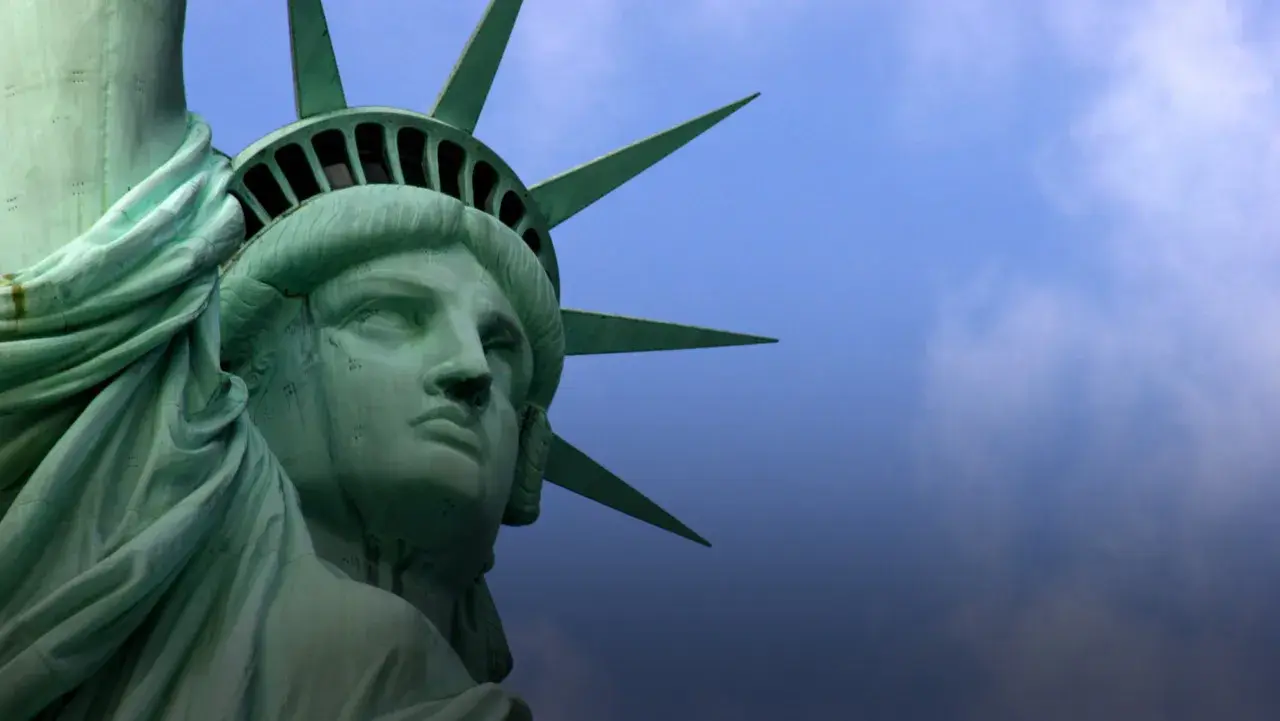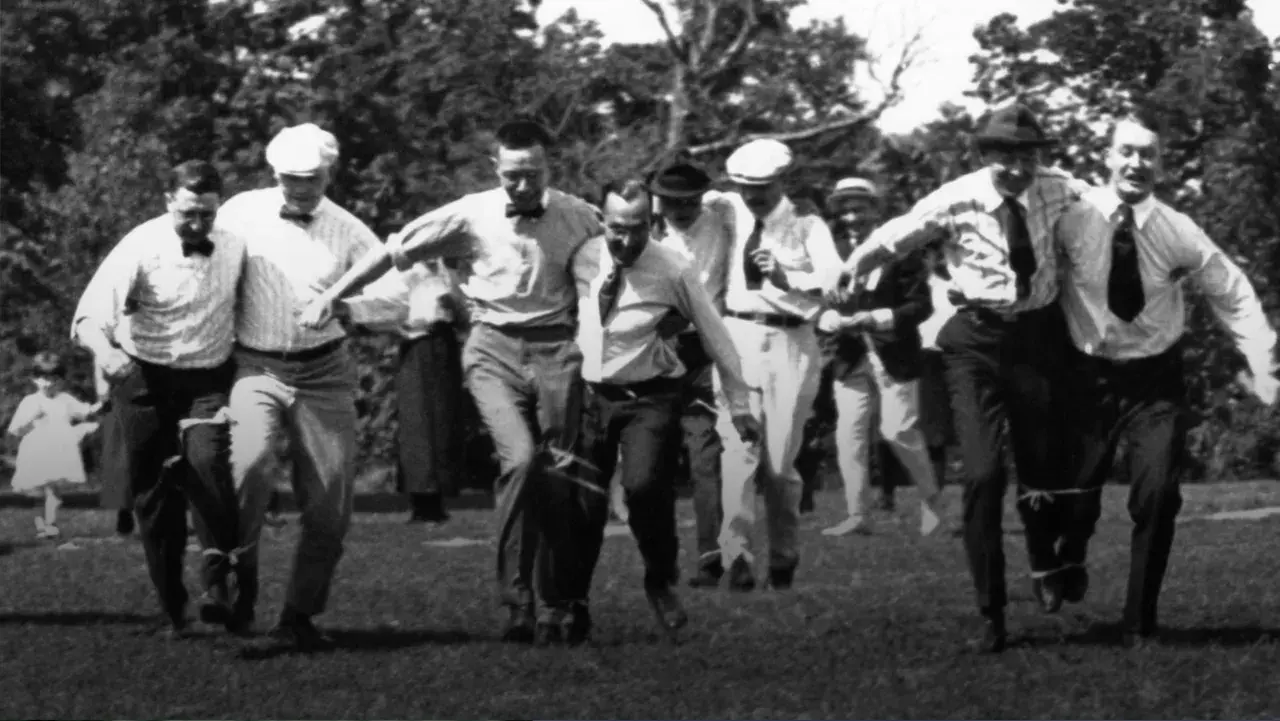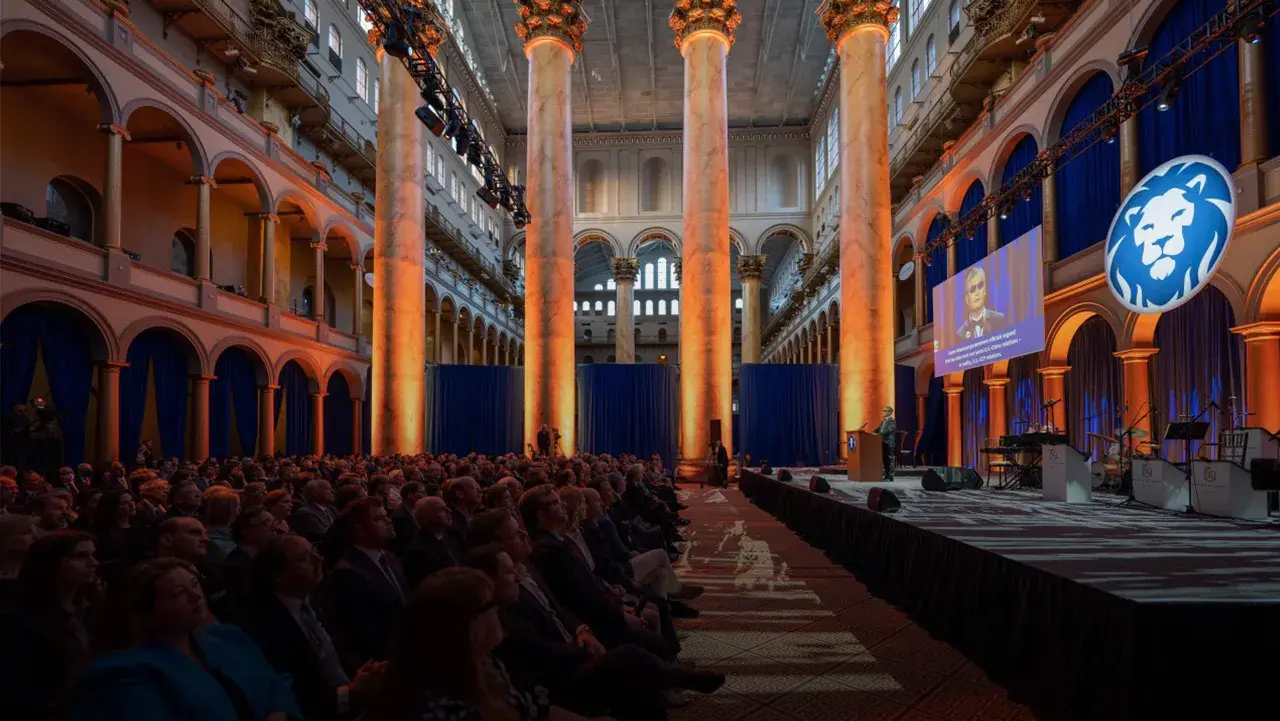2024 Summer Reading List
Reading is a lifelong invitation to learn about important events, sights unseen, imaginary worlds, and so much more. Diving into a great book is a rewarding experience at any time but is even more enjoyable with downtime to absorb new perspectives and ideas.
Our 2024 Bradley Summer Book List includes recommendations to deepen your knowledge of critical issues, engage your intellect, and encourage further exploration into a topic. All have an affiliation with The Bradley Foundation, whether through organizations we support or the Bradley Prizes, and have been published in the past year.
 The Conservative Environmentalist
The Conservative Environmentalist
by Benji Backer
The Reign of Terror continues to fascinate scholars as one of the bloodiest periods in French history, when the Committee of Public Safety strove to defend the first Republic from its many enemies, creating a climate of fear and suspicion. This fascinating narrative follows the Committee’s deputies, recounting and assessing their tumultuous struggles in Paris and their repressive missions in the provinces.
Read reviews and purchase here.
 American Awakening
American Awakening
by Joshua Mitchell
America has always been committed to the idea that citizens can work together to build a common world. One affliction that keeps us from pursuing that noble ideal is identity politics, which seeks to transform America by turning politics into a religious venue of sacrificial offering. Identity politics is the anti-egalitarian spiritual eugenics of our age. It demands that pure and innocent groups ascend, and the stained transgressor groups be purged. American Awakening chronicles the problems of identity politics, yet gives us hope for the future.
Read reviews and purchase here.
 Montesquieu's 'The Spirit of the Laws': A Critical Edition Translation Edition
Montesquieu's 'The Spirit of the Laws': A Critical Edition Translation Edition
by William B. Allen
The Spirit of the Laws not only systematizes the foundational ideas of “separation of powers” and “balances and checks,” it provides the decisive response to the question of whether power in the nation-state can be limited in the aftermath of the Westphalian settlement of 1648. It describes a civilizational change through which power becomes domesticated, with built-in resistance to attempts to absolutize (or make total) political power. As such, it is the Bible of modern politics, now made more accessible to English readers than it ever has been.
Read reviews and purchase here.
 Get Married: Why Americans Must Defy the Elites, Forge Strong Families, and Save Civilization
Get Married: Why Americans Must Defy the Elites, Forge Strong Families, and Save Civilization
by Brad Wilcox
According to new research, our kids and communities—not to mention our civilization as a whole—are much more likely to flourish when the state of our unions is strong. Despite this, record numbers of Americans are not succeeding at getting or staying married.
Wilcox reveals the anti-family messages and policies coming out of Hollywood, Washington, the media, academia, and corporate America that have weakened marriage.
 The Race to Zero: How ESG Investing Will Crater the Global Financial System
The Race to Zero: How ESG Investing Will Crater the Global Financial System
by Paul H. Tice
Over the past few years, so-called “sustainable investing”—a new practice based on the theory that environmental, social, and governance factors should drive corporate policy and investment decisions—has swept across Wall Street. Spurred on by the United Nations, national governments, and financial regulators, and cheered on by academics, environmental activists, and the media, the ESG orthodoxy has received little public resistance as it has integrated itself into almost every corner of the financial sector.
This book is designed to expose truths in plain-spoken language—free of financial jargon—to reach the widest possible audience, including the silent majority on Wall Street that is now afraid to speak up about ESG.
Read reviews and purchase here.
 Mental Maps of the Founders: How Geographic Imagination Guided America's Revolutionary Leaders
Mental Maps of the Founders: How Geographic Imagination Guided America's Revolutionary Leaders
by Michael Barone
The Founding Fathers were men of high intellect, steely integrity, and enormous ambition—but they were not all of one mind. They came from particular places in already diverse colonies, and they all sought their futures in different horizons. Without reliable maps of even nearby terrain, they contributed in different, and sometimes conflicting, ways to the expansion of a young republic on the seaboard edge of a continent of whose vast expanses they were largely ignorant.
Mental Maps of the Founders explores the geographic orientation—the mental maps—of six of the Founders.
Read reviews and purchase here.
 Family Unfriendly: How Our Culture Made Raising Kids Much Harder Than It Needs to Be
Family Unfriendly: How Our Culture Made Raising Kids Much Harder Than It Needs to Be
by Timothy Carney
Our culture tells parents there's one best way to raise kids: enroll them in a dozen activities, protect them from trauma, and get them into the most expensive college you can. If you can't do that, don't bother.
How is that going? Record rates of anxiety, depression, medication, debts, loneliness and more. In Family Unfriendly, bestselling author and Washington Examiner columnist Timothy P. Carney says it's time to end this failed experiment in overparenting.
Read reviews and purchase here.
 Hannah's Children: The Women Quietly Defying the Birth Dearth
Hannah's Children: The Women Quietly Defying the Birth Dearth
by Catherine Pakaluk
In the midst of a historic "birth dearth," why do some five percent of American women choose to defy the demographic norm by bearing five or more children? Hannah’s Children is a compelling portrait of these overlooked but fascinating mothers who, like the biblical Hannah, see their children as their purpose, their contribution, and their greatest blessing.
The social scientist Catherine Pakaluk, herself the mother of eight, traveled across the United States and interviewed fifty-five college-educated women who were raising five or more children. Through open-ended questions, she sought to understand who these women are, why and when they chose to have a large family, and what this choice means for them, their families, and the nation.
 Democracy and Solidarity: On the Cultural Roots of America's Political Crisis
Democracy and Solidarity: On the Cultural Roots of America's Political Crisis
by James Davison Hunter
James Davison Hunter, who introduced the concept of “culture wars” thirty years ago, tells us in this new book that those historic sources of national solidarity have now largely dissolved. While a deepening political polarization is the most obvious sign of this, the true problem is not polarization per se but the absence of cultural resources to work through what divides us. The destructive logic that has filled the void only makes bridging our differences more challenging. In the end, all political regimes require some level of unity. If it cannot be generated organically, it will be imposed by force.
Read reviews and purchase here.
 Past Forward: How Nostalgia Can Help You Live a More Meaningful Life
Past Forward: How Nostalgia Can Help You Live a More Meaningful Life
by Clay Routledge
When an old song makes you want to dance like you did in high school, or you long for the comforting taste of your mom’s cooking, that’s more than just memory―it’s nostalgia. But is nostalgia all about “living in the past” to hide from reality? In Past Forward, psychologist Clay Routledge presents a fascinating investigation into an emotion we all experience yet often misunderstand, revealing nostalgia’s extraordinary potential to enrich our present―and our future.
Read reviews and purchase here.






